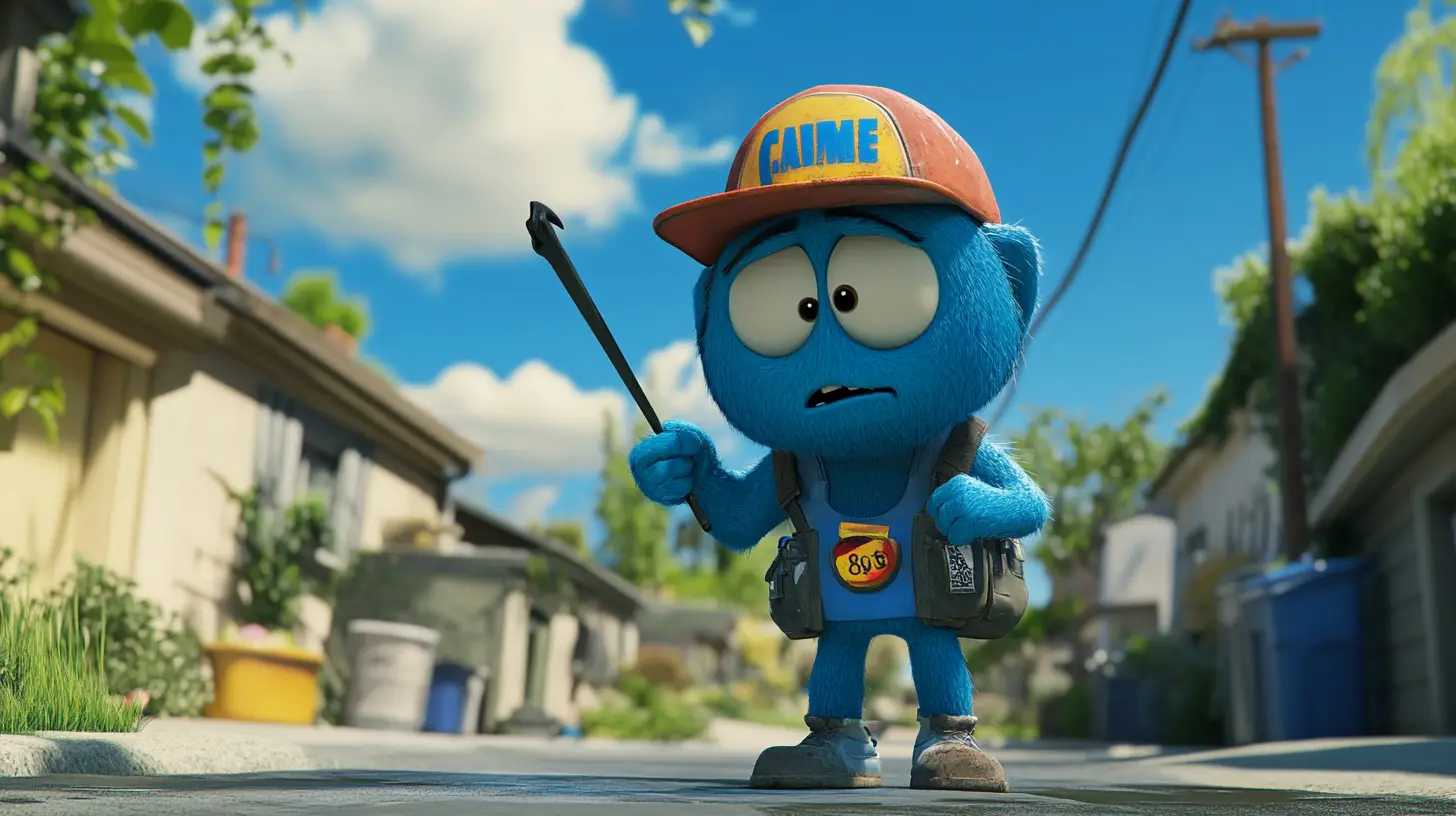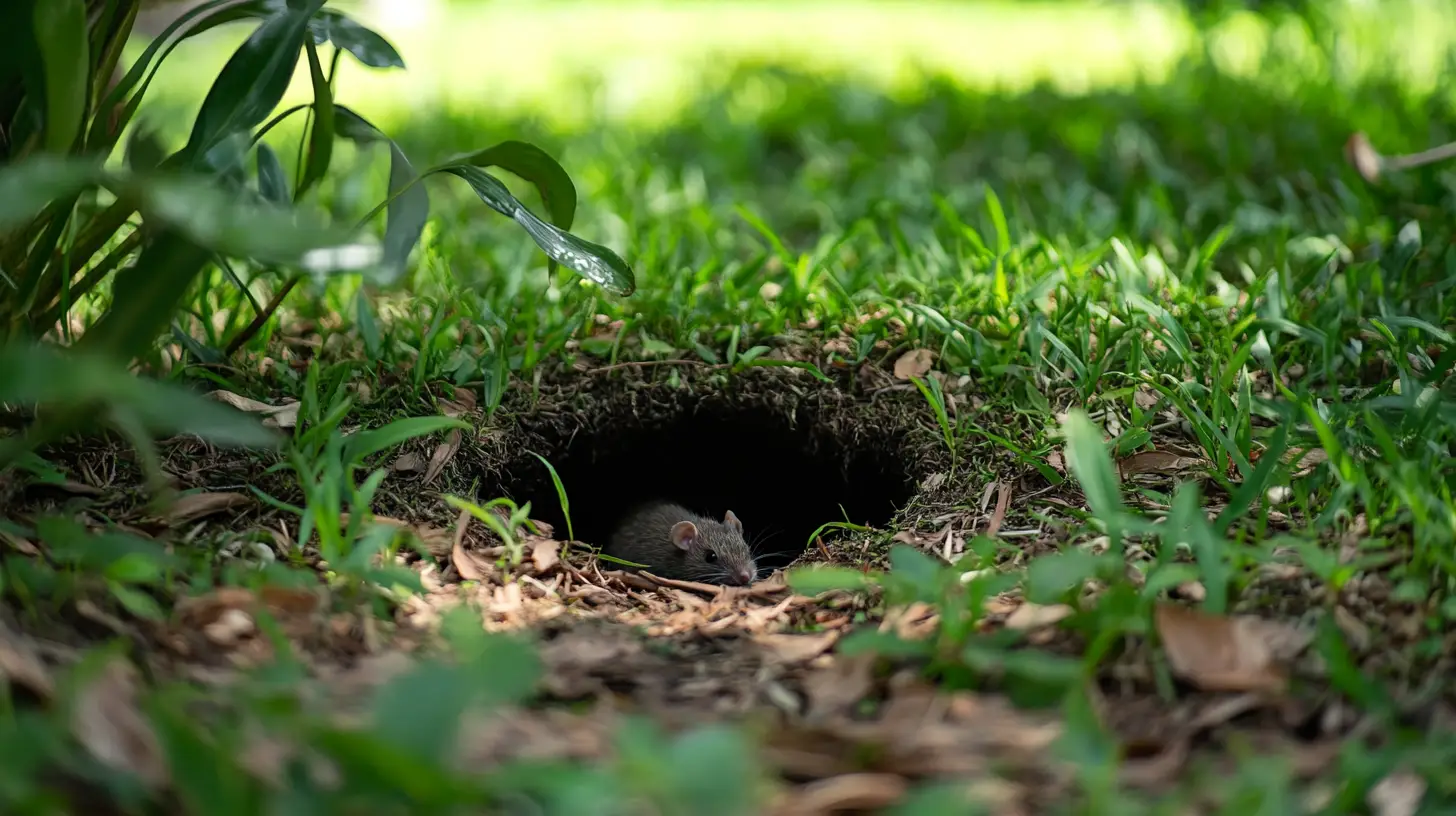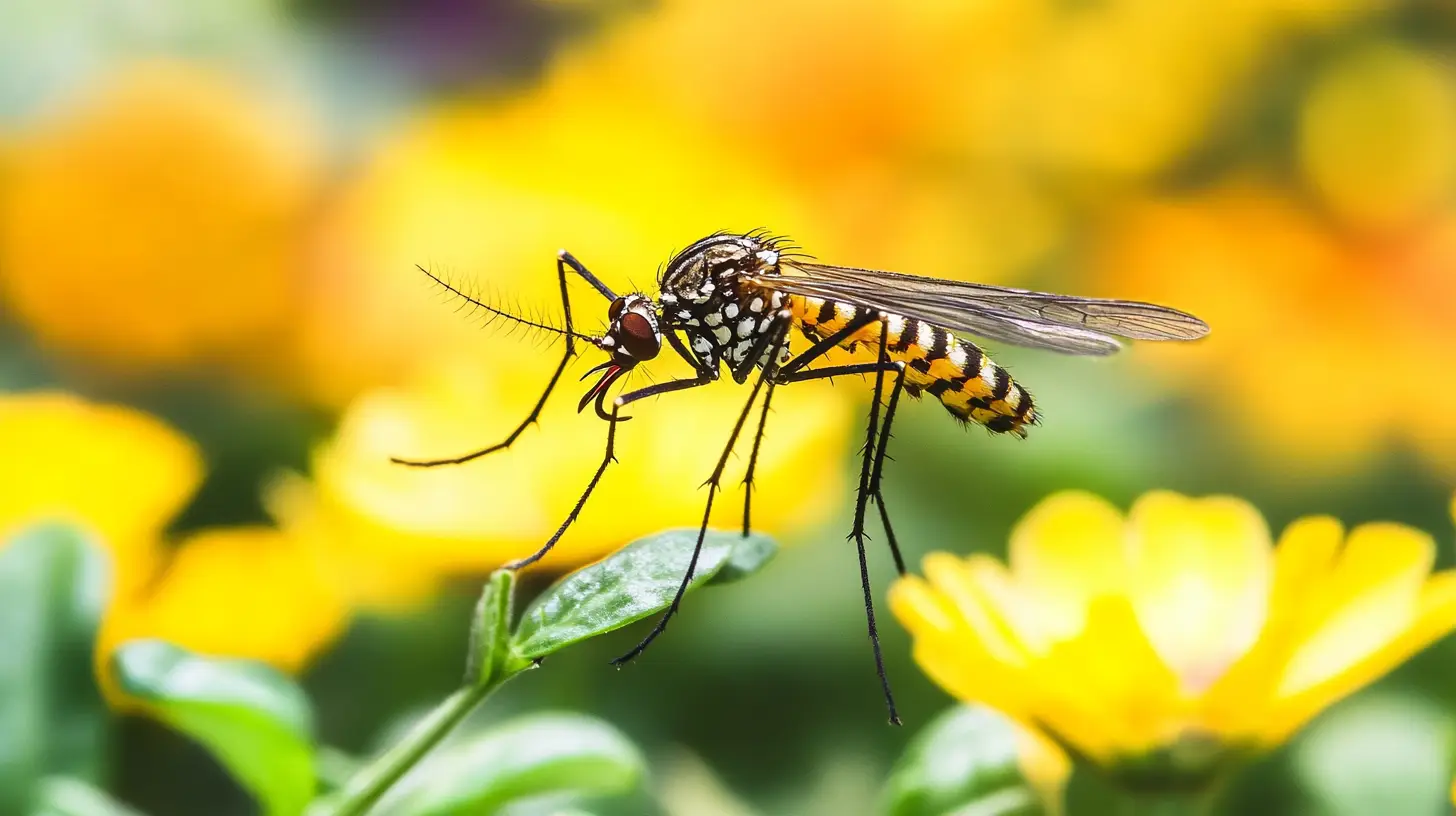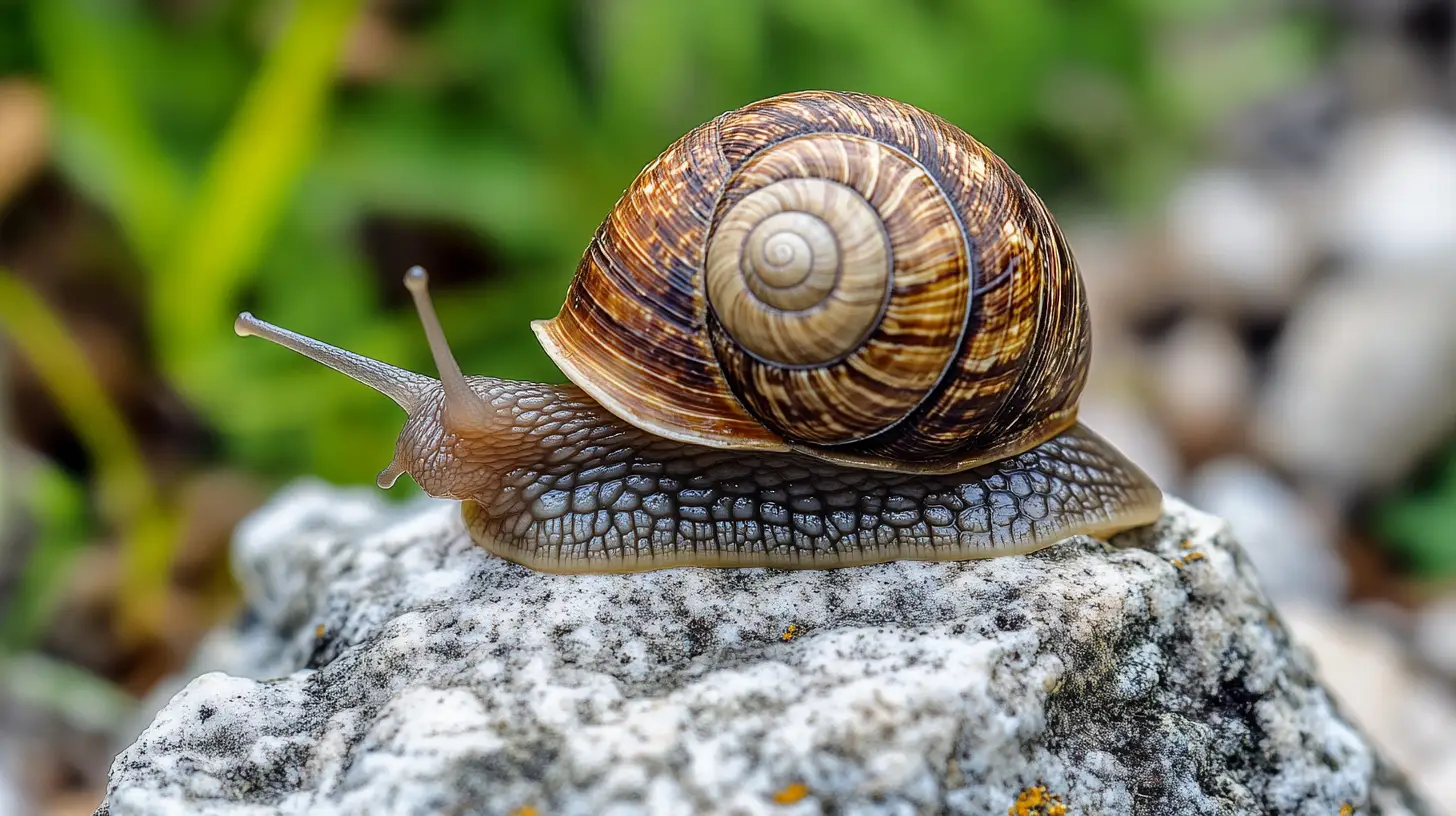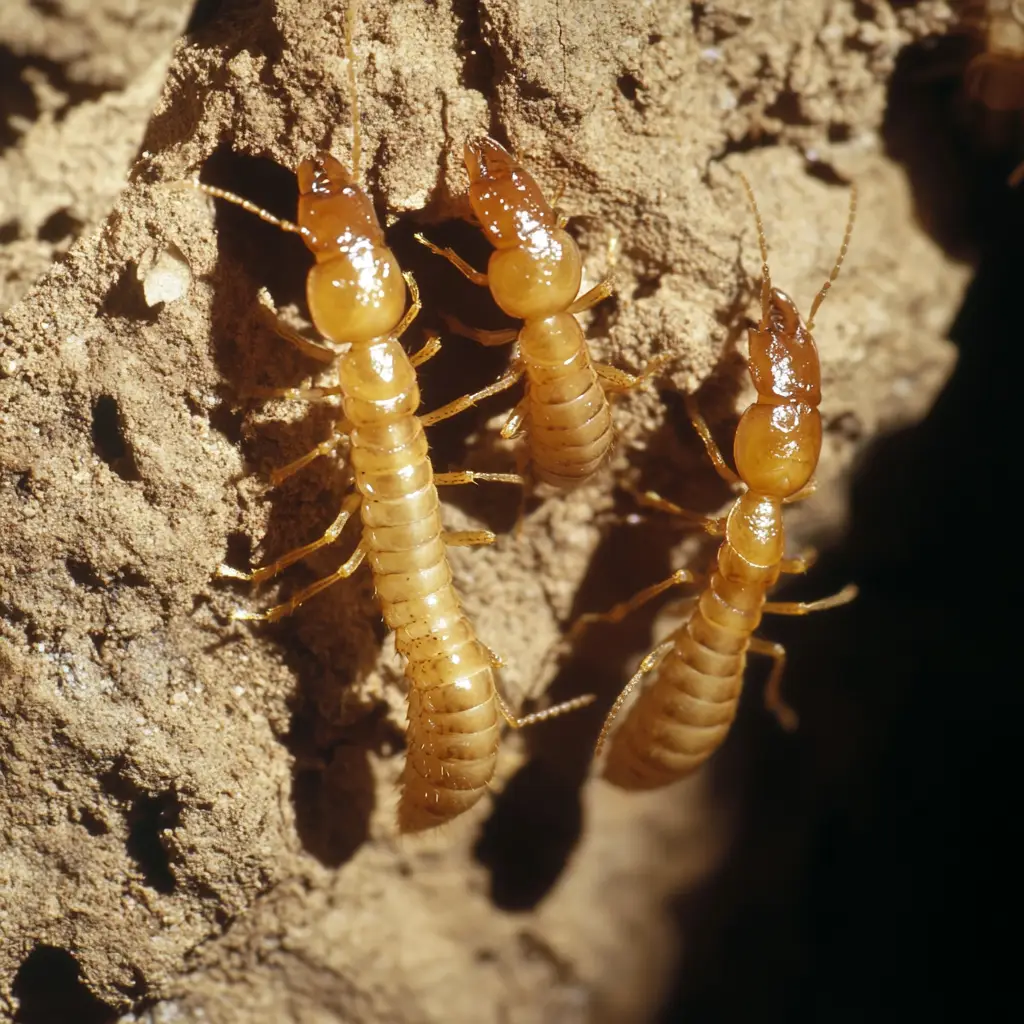
Table of Contents
In Lakewood Ranch, termites can be a year-round problem, thanks to Florida’s warm and humid climate, which creates the ideal environment for these pests to thrive. Did you know that a single termite queen can lay over 1,000 eggs per day, and some colonies can grow to millions of termites? Without effective termite treatment, your home could face extensive damage before you even realize there’s a problem. But which treatment is right for you: termite bait stations or liquid termite treatments?
Termite bait stations are designed to attract termites with a slow-acting poison that workers carry back to the colony, gradually eliminating it over time. This method is particularly useful for targeting the entire colony, but it can take weeks to months to see full results. In contrast, liquid termite treatments provide an immediate defense, creating a chemical barrier around your home’s foundation that kills termites on contact and prevents new infestations. In fact, studies have shown that liquid treatments can be up to 90% effective within the first few days of application.
Which method is best for your home? It depends on several factors, including the severity of the infestation and how quickly you want to see results. In this post, we’ll compare the strengths and weaknesses of both termite bait stations and liquid termite treatments to help you make an informed decision about protecting your Lakewood Ranch property. Termites may be silent destroyers, but with the right approach, you can stop them in their tracks.
Key Takeaways
- Liquid termite treatments provide immediate, long-lasting protection by creating a chemical barrier around your home, killing termites on contact. Studies show that liquid treatments can be up to 90% effective within just a few days, offering rapid relief from infestations. This option requires minimal ongoing maintenance, making it ideal for homeowners looking for durable, hassle-free results.
- Termite bait stations offer a more eco-friendly solution, as they use smaller amounts of chemicals and target termites directly at the colony level. Although bait stations are easier to install and have a lower environmental impact, they require regular monitoring—about every three months—and can take weeks to months to fully eliminate a colony. The long-term costs can add up due to the need for consistent upkeep.
- Both methods are highly effective when applied by professionals. However, liquid treatments generally work faster, while bait stations offer a more sustainable, lower-chemical approach, especially for homeowners who are concerned about environmental impact.
- Choosing between these two treatments depends on your priorities. If you want immediate, long-term protection with little maintenance, liquid treatments may be the better option. On the other hand, if you prefer a greener solution and are willing to commit to regular monitoring, termite bait stations are a solid choice.
- For Lakewood Ranch homeowners, where the warm, humid climate creates ideal conditions for termite activity year-round, it’s essential to select a treatment that ensures lasting protection. Liquid treatments tend to be the more popular choice due to their quick results and minimal upkeep, but bait stations remain a viable option for those prioritizing the environment and chemical reduction.
Termite Identification
In Lakewood Ranch, FL, understanding the most common termite species in the area is vital for protecting your home from potentially devastating infestations. Florida’s warm, humid climate creates an ideal environment for several types of termites, each capable of causing significant structural damage if left unchecked. Among the most prevalent are subterranean termites, which build extensive colonies in the soil. These termites create mud tubes to move between the ground and wooden structures, making homes highly vulnerable if moisture and soil conditions are favorable.
Another common species in Florida is the drywood termite, which differs from subterranean termites in that they don’t require soil contact. They can infest dry wood directly, burrowing into furniture, beams, and walls, often causing damage that goes unnoticed until it becomes extensive. The West Indian Drywood Termite is especially prevalent in coastal areas and is known for its resilience in dry conditions.
One of the most destructive termite species found in Florida is the Formosan termite, an invasive subterranean species. Known for forming enormous colonies, Formosan termites can cause severe damage at a much faster rate than native species, making them a major concern for homeowners in Lakewood Ranch. Lastly, native subterranean termites, such as Reticulitermes flavipes and Reticulitermes virginicus, are also found throughout the state. While not as aggressive as their Formosan counterparts, they still pose a serious threat by targeting the wood in homes from below the soil.
Given the diversity of termite species in Lakewood Ranch, regular inspections and preventive measures are crucial. Working with a local pest control professional can help ensure your home stays protected from these silent destroyers year-round.
Advances in Termite Control – The Power of Non-Repellent Insecticides
Termite control products have come a long way, thanks to advancements in pest management technology and stricter regulations by the EPA. Over the years, the market has shifted away from more harmful chemicals, leading to the development of non-repellent insecticides, which are now considered the most effective termite treatments.
Unlike older products, these non-repellents work because termites can’t detect them. As termites pass through treated areas, they unknowingly come into contact with the chemicals and carry them back to their colony, eventually killing the entire colony, including the queen.
Some of the most widely used termite control products today include Taurus SC, Termidor SC, Adonis 75 WSP, Dominion 2L, Tandem, and Altriset. These products have proven effective in eliminating termite colonies quickly and efficiently. Taurus SC and Termidor SC, both of which are fipronil-based, are particularly favored for their ability to provide long-lasting protection.
In fact, studies have shown that fipronil-based treatments can remain effective for up to 10 years, offering durable defense against termite infestations. These products not only offer excellent results but also help reduce environmental impact compared to older, more toxic treatments.
Chemical Used For Termite Treatments
Understanding Liquid Termite Treatments
Liquid termite treatments, like Termidor or Taurus, are some of the most widely used solutions for termite control. This method involves applying a liquid termiticide to the soil around your home. Once the liquid is in the ground, termites pick up the chemical on their bodies as they tunnel through the treated soil, carrying it back to their colony, where it spreads and eventually eliminates the entire termite population.
Pros of Liquid Termite Treatment:
- Long-lasting protection: Liquid treatments can last 10 years or more when applied correctly, providing a “set it and forget it” solution.
- Fast acting: The chemical begins killing termites almost immediately upon contact.
- Comprehensive coverage: It creates a continuous barrier around your home, preventing termites from entering.
- Cost-effective over time: While the upfront cost might be higher than bait stations, liquid treatments often require less maintenance, saving you money in the long run.
Considerations:
- Environmental impact: Since liquid treatments involve chemicals, there’s a slight risk of runoff if improperly applied or during periods of heavy rain. However, professionals know how to mitigate this.
- Time-consuming initial application: Installing a liquid treatment around your entire home can take longer upfront.
Exploring Termite Bait Stations
Termite bait stations work by luring termites to feed on a cellulose-based material that is laced with a slow-acting toxin. These stations are installed around the perimeter of your home, typically every 10-15 feet. When termites find the bait, they consume it and carry the toxic substance back to their colony, gradually eliminating the population.
Pros of Termite Bait Stations:
- Eco-friendly option: Bait stations use minimal chemicals compared to liquid treatments, making them a more environmentally conscious choice.
- Easy to install: Placing bait stations in the ground is quick and doesn’t require heavy equipment.
- Monitored solution: Bait stations require regular checkups, which means a technician will consistently monitor termite activity, giving you peace of mind.
Considerations:
- Slower results: Unlike liquid treatments, bait stations rely on termites finding and feeding on the bait, which can take longer to eliminate the colony.
- Regular maintenance: Bait stations need to be checked and refilled annually, which can add to the ongoing cost of the system.
- Coverage gaps: Termites may not encounter the bait if the stations are not properly placed or spaced too far apart.
Which Termite Treatment Is Right for Your Lakewood Ranch Home?
When it comes to protecting your home from termites, choosing the right treatment is crucial. The best termite treatment for your home depends on several factors, including the type of termites and the severity of the infestation. Here are three proven methods we offer to help safeguard your home from these destructive pests:
- Soil Treatments: Applied directly to the soil beneath and around your home, this method creates a chemical barrier that termites must pass through, killing them before they can reach your structure. Soil treatments are especially effective for subterranean termites, which build mud tubes to travel from their colony to food sources.
- Bait Systems: These systems work by attracting termites to a slow-acting poison that they bring back to their colony, effectively eliminating the entire population, including the queen. Termite bait stations are often a popular choice for long-term prevention as they address the source of the infestation directly.
- Wood Treatments: Used primarily as a preventive measure, wood treatments are ideal for new construction projects. For existing homes, they can be combined with soil or bait systems to provide extra protection against future infestations.
Targeted Termite Treatments for Active Infestations
Already dealing with a termite problem? We offer specialized treatments to address active infestations:
- Spot Treatment: This localized method is effective for isolated infestations of drywood termites, old house borers, or powder post beetles. It’s minimally invasive, targeting only the affected areas of your home.
- Fumigation: For more severe infestations or when termites have infested hidden areas, fumigation is the best option. This method ensures 100% of your home is treated, even in hard-to-reach places, offering complete peace of mind.
- Soil Treatments and Bait Systems for Subterranean Termites: If subterranean termites are the issue, we combine soil treatments with bait systems to attack termites at both the colony and individual levels, ensuring a comprehensive approach.
Each treatment method is designed to provide effective, long-lasting protection, tailored to your home’s specific needs. Whether you’re preventing termites or dealing with an active infestation, we have the right solution to protect your home for years to come.
Making the Right Choice for Your Home
Regardless of the method, it’s crucial to have a termite protection plan in place for your Lakewood Ranch home. Termites cause billions of dollars in damage each year, and proactive treatment is the best defense.
If you’re unsure which option is best for your property, contact Lakewood Ranch Pest Control who can evaluate your situation and provide personalized recommendations. When done correctly, both termite bait stations and liquid termite treatments offer powerful protection against these destructive pests.
Frequently Asked Questions (FAQs)
What is the difference between termite bait stations and liquid termite treatments?
- Termite bait stations work by attracting termites to a bait laced with a slow-acting toxin. Once termites feed on the bait, they carry the poison back to their colony, gradually eliminating the population.
- Liquid termite treatments, on the other hand, involve applying a termiticide to the soil around your home. Termites come into contact with the treated soil, carry the chemical back to their colony, and spread it, effectively killing the entire colony.
Which treatment is faster at eliminating termites?
Liquid termite treatments generally work faster because termites are immediately exposed to the chemical when they come into contact with the treated soil. Bait stations, however, depend on termites finding and feeding on the bait, which can take longer.
How long does each treatment last?
Liquid termite treatments can last up to 10 years or more with proper application and care. They offer long-lasting protection without requiring frequent maintenance. Bait stations require annual checkups and refilling to maintain their effectiveness, so while they provide ongoing protection, they need more frequent monitoring.
Which option is more environmentally friendly?
Termite bait stations are generally considered more environmentally friendly because they use smaller amounts of chemicals in specific locations, minimizing environmental impact. Liquid treatments, while highly effective, involve applying chemicals around the entire perimeter of your home, which carries a slightly higher risk of affecting surrounding areas.
Are termite bait stations more affordable than liquid treatments?
The initial cost of installing bait stations is typically lower than a liquid treatment. However, since bait stations require annual maintenance and refills, the long-term cost may be higher. Liquid termite treatments have a higher upfront cost but generally need fewer follow-up treatments, making them more cost-effective over time.
Which treatment is more effective for Lakewood Ranch homes?
Both treatments are highly effective when professionally applied. However, liquid termite treatments offer a longer-lasting, more comprehensive solution that many homeowners in Lakewood Ranch prefer due to the area’s humidity and termite activity. Bait stations are also effective, especially in eco-conscious households or areas with moisture concerns that could affect liquid treatments.
How often do bait stations need to be checked?
Bait stations should be checked at least once a year by a licensed professional. During this check, the technician will refill the bait and ensure that the stations are still effectively placed to catch termites.
Do liquid termite treatments need to be reapplied?
In most cases, liquid termite treatments do not need to be reapplied for many years, often lasting over 10 years. However, it’s essential to have your property inspected annually to ensure that the treatment remains effective.
Can I install termite bait stations myself?
While it is possible to purchase DIY termite bait stations, professional installation is recommended. Pest control experts know where to place the stations for maximum effectiveness, and they ensure that the correct bait and chemicals are used in accordance with local regulations and environmental considerations.
What happens if termites return after treatment?
Most professional pest control companies offer warranties with their termite treatments. If termites return during the warranty period, the company will typically re-treat your home at no additional cost. It’s essential to read the terms of your warranty carefully to understand what is covered.
Which treatment is better for homes with moisture issues?
Termite bait stations might be a better option for homes with moisture issues, as excess water can affect the effectiveness of liquid treatments. However, if installed and maintained properly, both treatments can work effectively even in damp environments.
Do I need to prepare my home for termite treatment?
For liquid treatments, you may need to ensure that the area around your home is clear of obstructions, so technicians can access the soil to apply the treatment. Bait stations usually require minimal preparation, as they are placed in the ground around the perimeter of your home.
How can I prevent termites from coming back after treatment?
Regular annual inspections are crucial in preventing termites from returning. Keeping your home free of excess moisture, fixing leaks, and reducing wood-to-soil contact are also effective ways to make your home less attractive to termites.
Can I combine both termite bait stations and liquid treatments?
Yes! Some homeowners choose to use both treatments for added protection. A combination approach can provide the immediate effects of a liquid treatment along with the ongoing, monitored protection of bait stations.
Which treatment offers a better warranty?
Both liquid termite treatments and bait stations typically come with warranties. The length and terms of the warranty vary depending on the company and the treatment used. Be sure to ask about warranty details, including any annual fees required to keep the warranty valid.




